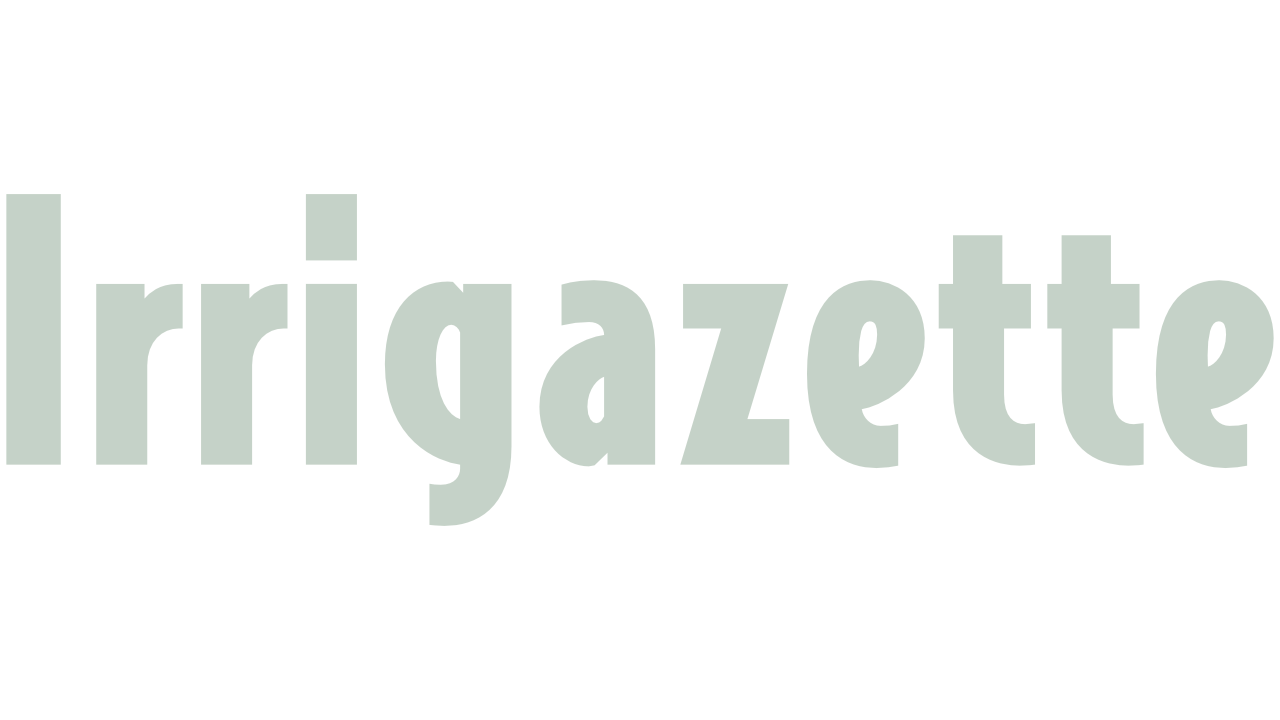European farmers are counting the cost of a summer heatwave that has shrunk cereal harvests and shrivelled pastures, leaving some farms struggling to survive and shutting the EU out of lucrative export markets.
The severe weather in Europe has coincided with adverse growing conditions in other major grain producing zones such as Russia and Australia, raising the risk that supplies in exporting countries will be eroded to their smallest in years.
The latest harvest estimates have underlined the impact of drought and heatwaves in northern Europe. Germany’s farmers’ association DBV on Wednesday forecast a 22 percent plunge in grain production this year in the European Union’s second-largest cereal grower.
Germany endured its highest summer temperatures in over a century as extreme weather gripped northern Europe from Britain to the Baltic states.
The combination of poor harvest yields and shrivelled grassland has led to spiralling costs for animal feed, putting pressure on livestock farms.
German Agriculture Minister Julia Kloeckner said the government would launch a special aid programme for farmers worth up to 340 million euros following the drought damage. The DBV had called for around 1 billion euros (£898.7 million) in aid.
In Denmark, drought is expected to lead to losses of around 6 billion Danish crowns (£723 million), research institute SEGES, part of the Danish Agriculture & Food Council lobby group said, adding that low pork prices could bring farm losses to almost 8 billion crowns this year.
Danish farm bankruptcies in 2018 have almost reached the level for all of last year.
At the EU level, the European Commission has offered earlier than usual payments of annual subsidies and will allow fallow land to be used to feed livestock.
